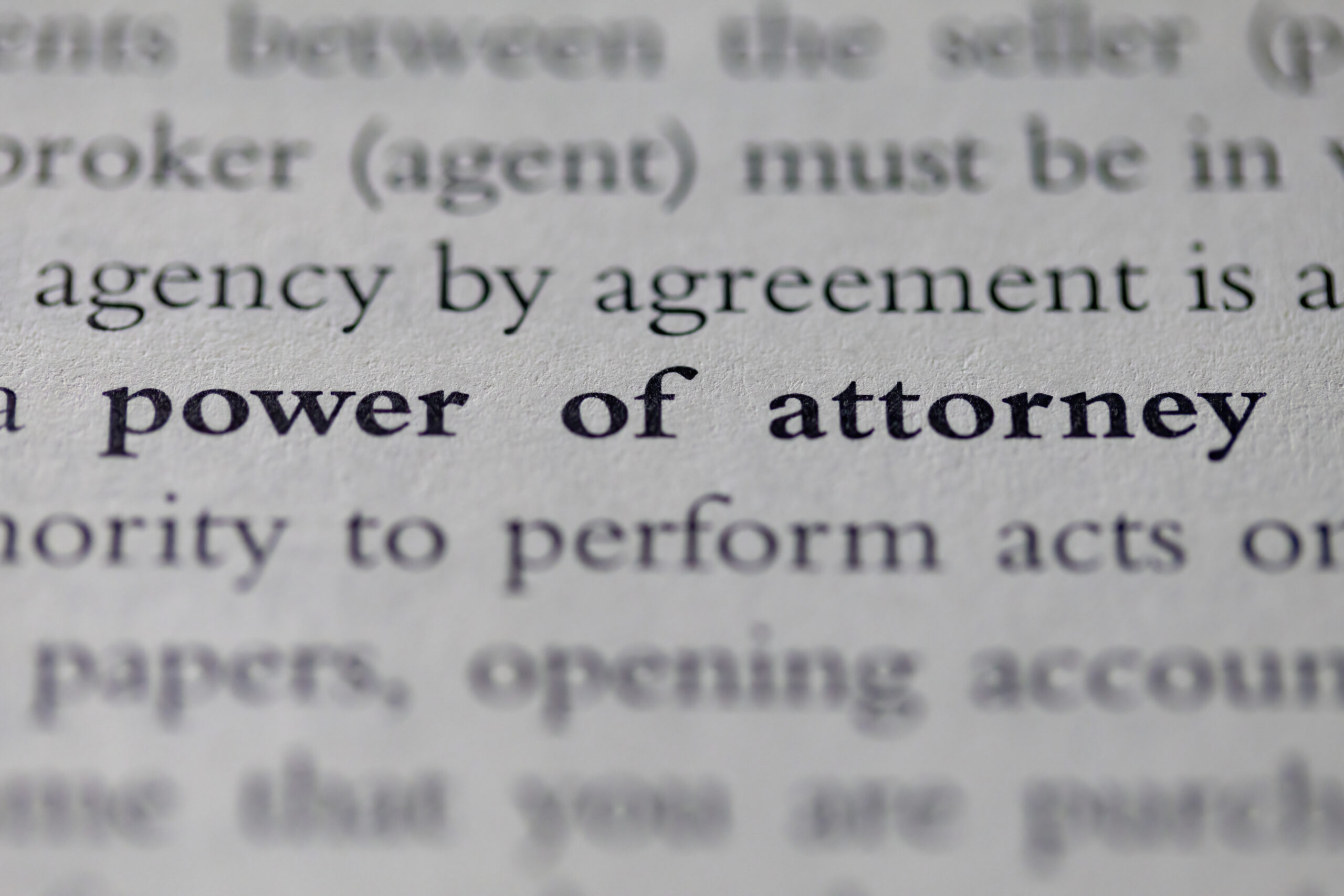Life can be unpredictable, and sometimes, the people we care about most need extra support to navigate the world. This is where guardianship steps in—a legal tool designed to protect those unable to care for themselves. Whether you’re a concerned family member or seeking clarity for a loved one’s situation, understanding New York guardianship law is essential.
At Gordon & Gordon, we often hear questions like, “Who actually needs a guardian?” Let’s break it down so you can better understand when guardianship might be the right step and how a guardianship lawyer in New York can help.
What Is Guardianship in New York?
Guardianship is a legal relationship in which a court appoints a responsible individual (the guardian) to make decisions for someone who cannot make decisions for themselves (the ward). New York guardianship law ensures that vulnerable individuals are supported, whether they are minors, adults with disabilities, or incapacitated seniors.
This legal framework is critical to safeguarding the rights and well-being of those who cannot manage essential aspects of their lives, such as healthcare, finances, or personal safety. A New York guardianship attorney, like Maris Gordon, can guide you through this often-complex process.
Who Needs a Guardian?
Guardianship applies to different situations, and determining whether someone requires a guardian involves evaluating their circumstances. Here are the most common cases:
Minors
When parents are unavailable—due to death, illness, or other circumstances—a guardian may be appointed to care for a child. Guardianship ensures minors receive the support and stability they need until they reach adulthood.
Adults with Disabilities
Adults with intellectual or developmental disabilities may struggle with decision-making. A guardian can assist in areas like medical care, housing, and financial management, ensuring the individual’s needs are met while respecting their autonomy as much as possible.
Incapacitated Adults
This category often includes elderly individuals facing cognitive decline due to conditions like dementia or those incapacitated by illness or injury. Guardianship can provide a legal framework for ensuring their safety, managing their finances, and securing their healthcare.
How Is Guardianship Determined?
Establishing guardianship in New York involves a formal legal process. Courts carefully assess whether the individual genuinely needs a guardian or if less restrictive alternatives could suffice. Factors such as the person’s ability to manage their daily life and existing supports are taken into account.
At Gordon & Gordon, our team, including guardianship attorneys in New York City like Maris Gordon, works to ensure that every guardianship case is handled with compassion and diligence.
Are There Alternatives to Guardianship?
Before pursuing guardianship, consider whether less restrictive options might work. Power of attorney or supported decision-making agreements may provide the necessary support while preserving the individual’s independence. Consulting with a guardianship lawyer in New York can help you explore these alternatives and decide what’s best for your loved one.
Take the First Step Today
Deciding whether to pursue guardianship can be emotional and overwhelming, but you don’t have to navigate it alone. Maris Gordon and the team at Gordon & Gordon are here to help you understand your options under New York guardianship law and guide you through the process with care and expertise.
If you think a loved one may need a guardian, reach out to our experienced New York guardianship attorneys. Let’s work together to protect their future and provide peace of mind for your family.

